on women, cars, & rock ‘n’ roll
Once upon a time, rock ‘n’ roll did not envision women in the driver’s seat. In the 1950s and 1960s, songs about cars and driving—especially driving fast—were anthems to jacked-up masculinity and sexual conquest. Women, to the extent that they appeared in such songs, were passengers or destinations. The powerful muscle cars of that era were themselves symbols of strength, liberation, and lust, and they were often gendered female, as in hit songs like “She’s My Chevy” and “Mustang Sally.”
Then, Joni Mitchell wrote “Born to Take the Highway,” an unreleased song that imagined cars and women differently. Performed in 1965 and recorded in 1967, “Born to Take the Highway” envisions the highway as women’s territory and the driver’s seat as a site for women’s liberation.
The chorus, sustained simply by Mitchell’s gentle acoustic guitar, captures this sense of possibility in driving the open road: “I was born to take the highway / I was born to chase a dream / Any road at all is my way / Any place is where I’ve been / Anything is what I’ve seen.” She imagines her life as one of infinite potential, and she is in control.
Joni Mitchell performs “Born to Take the Highway” in 1965 in Saskatoon, Canada.
Rock historian Chris Lezotte identifies “Born to Take the Highway” as “the first contemporary woman’s car song” (166). In an essay about women, cars, and songs about women and cars, she writes, “the car on the road offers Mitchell sanctuary; it is a temporary respite from everyday responsibilities and a quiet place for reflection. [….] And as the events of Mitchell’s life also suggest, the automobile offers the possibility of escape from male control. The automobile as an agent of flight from relationships is a common theme in Mitchell’s many car songs” (166). The open road can be lonely, too, but at least Mitchell is in the driver’s seat.

Joni Mitchell in the driver’s seat. Source: Getty Images.
Of course, since 1965 many famous women’s car songs have been written, from Janis Joplin’s “Mercedes Benz” to Tracy Chapman’s “Fast Car” to Erika Wennerstrom’s “Twisted Highway.” While each of these songs imagine women’s relationship to cars differently, they all revise the classic car song and its celebration of masculine dominance, picturing a place where women’s relationship to driving is more equal. To get there, in Mitchell’s words, “I know a road that winds forever / through the land the rainbows run / you cross the bridge from now till never / take the first turn past the sun.”

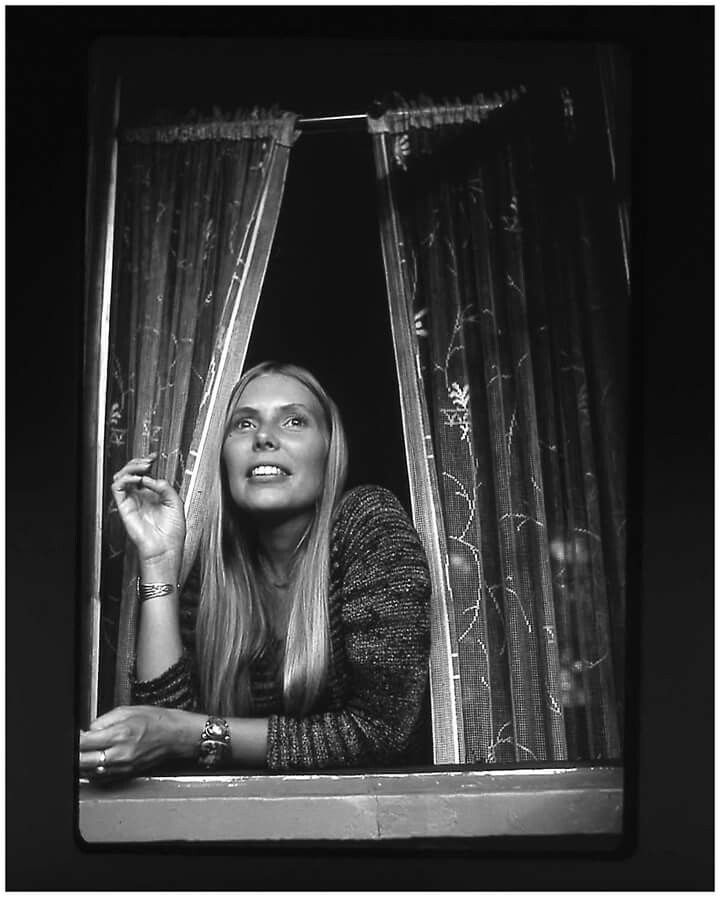
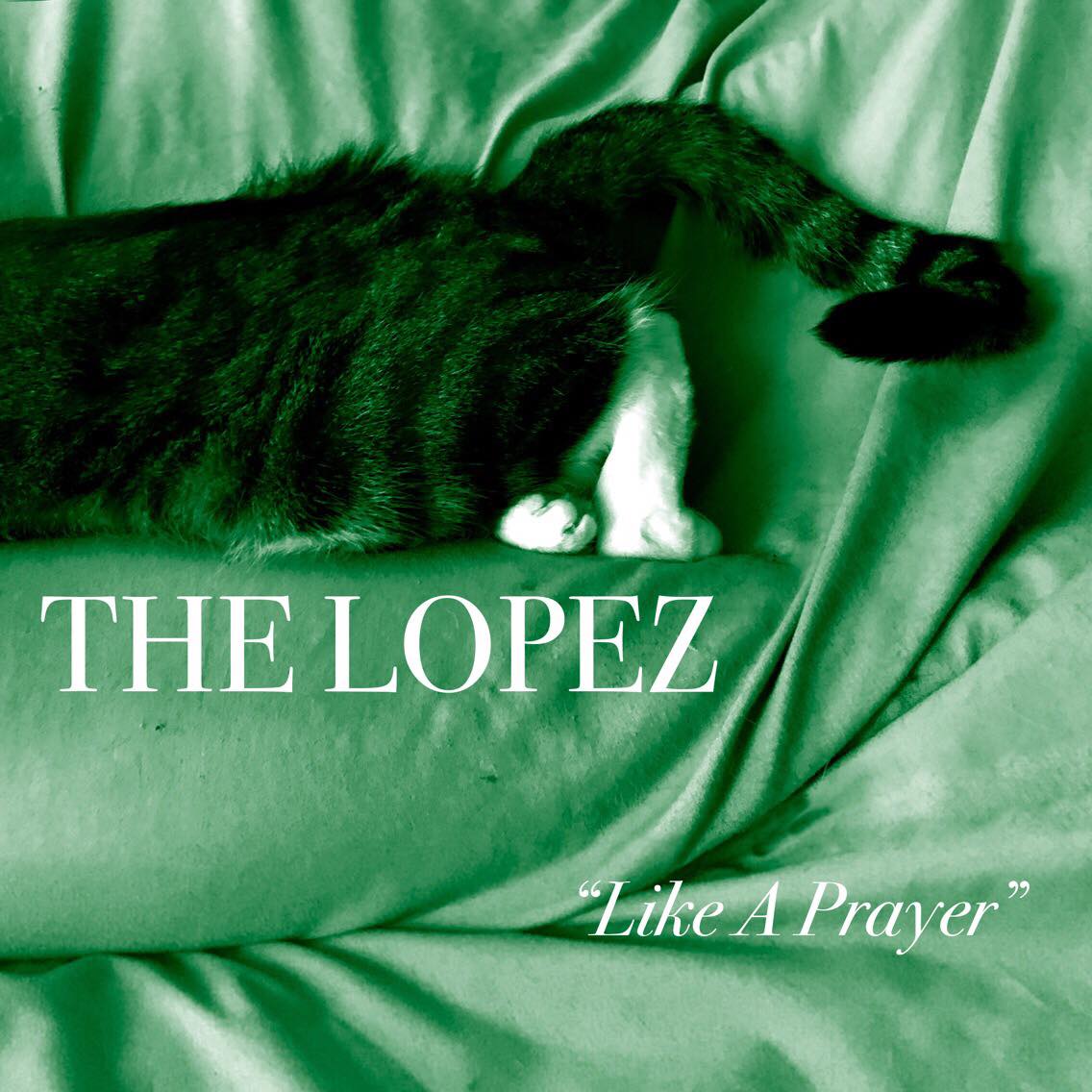
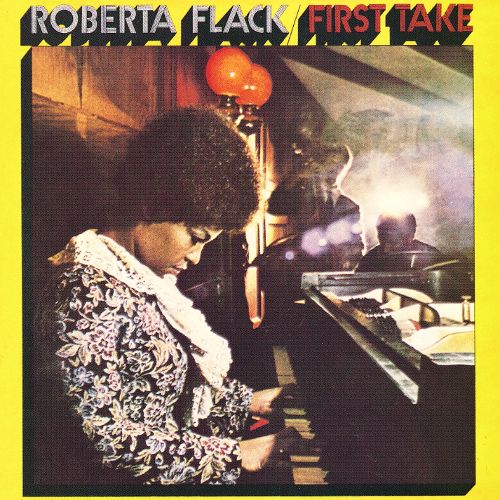
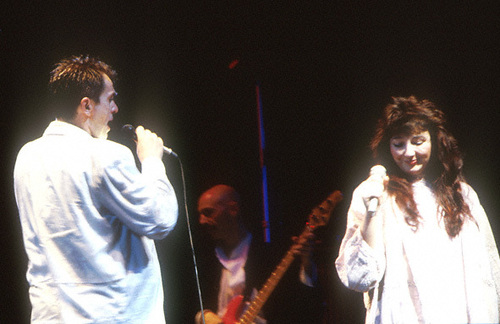
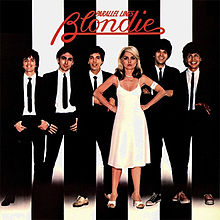

2 Comments
Pingback:
Pingback: